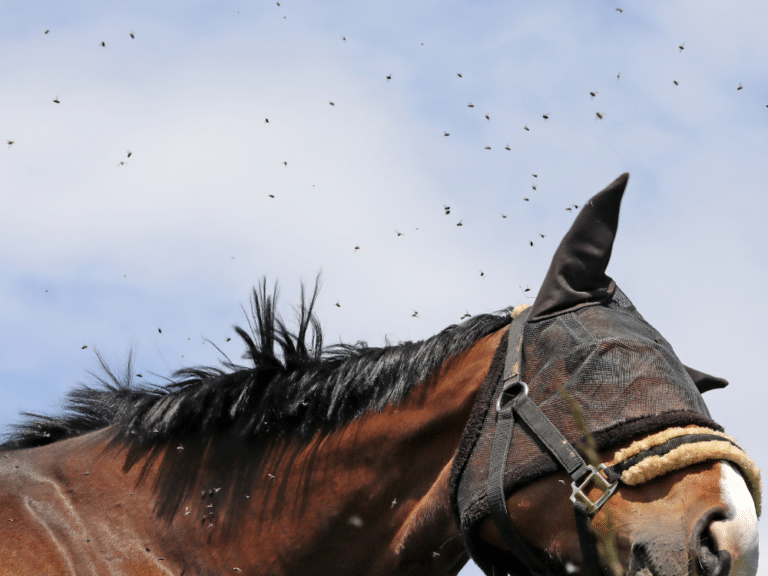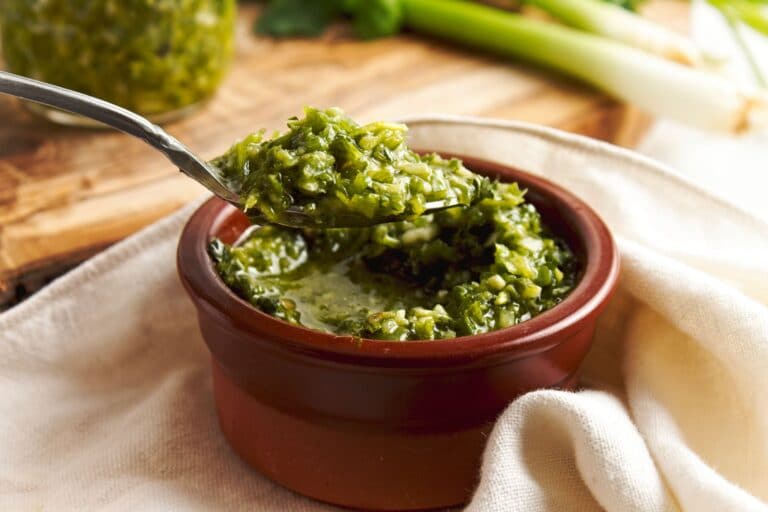Is Raw Milk Safe?
This post may contain affiliate links. Read the full disclosure here.
There are plenty of opinions out there when it comes to the safety of consuming raw milk. Laws vary from state to state as to whether selling raw milk is even legal. Is raw milk safe? Let’s take a closer look at what raw milk is, its benefits, and how you can safely consume it.

What is raw milk?
Before diving into why we love raw milk so much, let’s clarify what we mean by “raw milk”. Raw milk is fresh milk that has not gone through the pasteurization process. It can come from cows, sheep, goats, or other animals. For the purpose of this discussion, though, we’ll be focusing mostly on raw milk from cows.
Benefits of raw milk
Raw milk is a powerful, natural food that’s incredibly nutritionally dense. It’s full of beneficial bacteria that are excellent for gut health and for building a strong immune system.
Unfortunately, when milk goes through the pasteurization process, the helpful enzymes and vitamins contained in raw milk are largely destroyed. If there are harmful bacteria in the milk, pasteurization will kill them. At the same time, it also kills the good bacteria that support your body and help you digest lactose.
In her book, Nourishing Traditions, Sally Fallon explains, “Raw milk contains lactic-acid-producing bacteria that protect against pathogens. Pasteurization destroys these helpful organisms, leaving the finished product devoid of any protective mechanism should undesirable bacteria inadvertently contaminate the supply. Raw milk in time turns pleasantly sour while pasteurized milk, lacking beneficial bacteria, will putrefy.”
Why did pasteurization of milk even begin?
But haven’t people been drinking raw milk for hundreds – even thousands – of years? Yep.
Louis Pasteur invented pasteurization in 1864. The pasteurization process came about because people were contracting food-borne illnesses such as E. coli and salmonella. Why did this become an issue? Why did it become necessary for milk to start going through the pasteurization process?
Before the industrial revolution, most families spent the large majority of their time at home. They produced their own food, made their own clothes, and made a living off their land or trade. At this time, families were consuming milk from their own animals.
During the industrial revolution, however, many families moved from the country to the city. People were closer together, and families left the home to find work. No longer did they produce all or most of their own food.
Milk production moved from small, family farms to larger dairies. Producing milk became business – a business which only grew in size. Increased business growth meant that cows no longer grazed on pasture in the country, but were packed closely together in pens and ate grain. Unfortunately, these tight quarters also led to a decrease in herd health and ultimately, a decrease in milk quality and safety. Because of this, pasteurization became necessary.
Is raw milk safe?
Though the majority of our milk is now produced on large dairies and put through the pasteurization process, it is still possible to drink nutrient-dense, safe raw milk from healthy cows. The laws for selling raw milk vary from state to state. In some states, it’s not difficult to secure raw milk. In others, however, it’s nearly impossible unless you have your own cow.
Whether you acquire milk from your own backyard or from a small, local dairy, careful, sanitary processes and clean quarters are very important. Raw milk CAN contain harmful bacteria that can lead to food-borne illnesses. However, with healthy cows and careful handling of the milk, the risk is incredibly low.
Everything comes with a risk
Reading about the risks of drinking raw milk can be intimidating. Government organizations have a variety of scare tactics to keep us from drinking raw milk.
It’s true that, like anything, drinking raw milk IS a risk. However, isn’t everything?
When you drink raw milk, you’re trusting either yourself (if it’s from your cow) or a small farm (usually with one to a handful of people involved). You’re familiar with the farm and how the operation is handled. Hopefully, if you’re purchasing your milk from a local farmer, you’ve visited and understood their processes.
On the other hand, when you purchase milk from the store, you’re trusting a whole supply chain of hands that have been involved in the production of your food. There are SO many steps that could have gone wrong. Doesn’t that scare you a little, too?
Can I drink raw milk if I’m allergic to milk?
Interestingly, many people who are allergic to pasteurized milk can drink raw milk with no problem. For those who are lactose intolerant, raw milk can be an incredibly freeing solution.
In pasteurized milk, the enzyme lactase is destroyed. Unfortunately, the body needs this enzyme to process the lactose contained in the milk. Raw milk, on the other hand, still contains lactase. When you drink milk with the lactase still present, your body is able to break down the lactose.
For those who are allergic to a protein rather than lactose, however, the reaction toward raw milk will more likely be similar to a reaction to pasteurized milk.
Want to learn more about producing your own food?
Check out our collection of helpful articles about growing and producing your own food on the homestead!
See our Airstream Remodel Reveal here!







